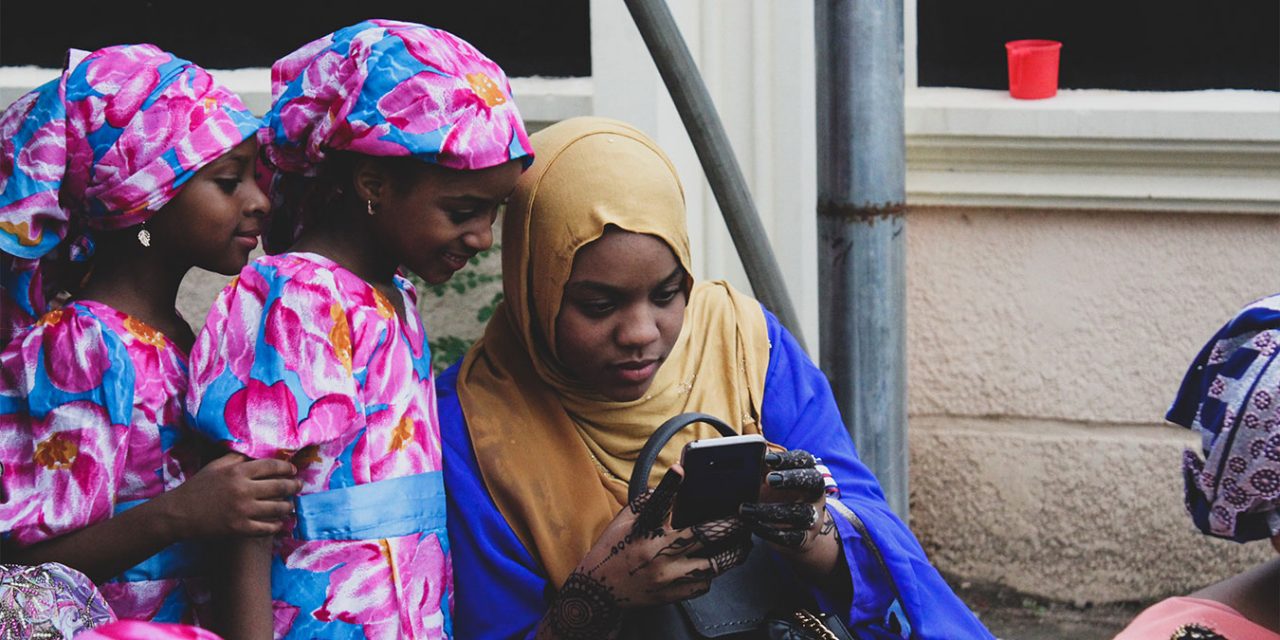Nigerian women and girls are being encouraged to stay at home instead of “risking a life of modern slavery” in the UK, in a campaign supported by Nigerian and British law enforcement and the UK aid.
The Not for Sale Campaign urges Nigerian women to find a job at home and focuses on aspirational stories of women and girls who have built a career at home instead of risking being lured into slavery in the Britain, UK media report.
Nigeria has one of highest numbers of people falling victim to modern slavery in Africa. In 2018, 208 Nigerian women were identified as being the victims of human trafficking in the UK.
The Not for Sale campaign posters have been placed schools, churches and market places across Nigeria and also features TV and radio adverts.
One such advert relates to a woman called Gift Johnathan, a woman who was raped and tortured in Libya, while trying to travel to Germany as an illegal migrant. She tells her story of why she tried to emigrate and what happened to her.
“Three years ago, I was a single mother with two children living with my widowed mother. Things were so hard that when my friend told me about travelling to Germany, I moved! We only made it to Libya. I was sold, raped and tortured. I saw many Nigerians die including my friend Iniobong,” she said.
When she finally made it home to Nigeria, Johnathan was able to register in a vocational centre and now has built a career as a baker.
“Today I’m a baker in Benin making enough money to take care of my family. My boys will not grow up to be ashamed of their mother. My name is Gift Jonathan and I am not for sale,” she said.

Raising Awareness at the Chelsea Flower Show
13,000 people are forced to work and held against their will. Garden Designer Juliet Sergeant is creating an exhibit at the Chelsea Flower Show next month to help raise awareness of what an important issue modern slavery is in Britain.
“It has been quite a shock to me to realise that slavery still exists today in the UK. Its unbelievable but its true,” she told the Independent.
Her garden design aims to show the hidden nature of slavery as a crime. The outside and perimeter of her garden is full of bright flowers and colourfully painted doors, but at its centre the garden is a dark space and the same doors are painted black on the inside, with letter boxes and door handles just on the outside. The idea sergeant wants to portray is that if you’re a slave you can’t communicate and you can’t free yourself, although she says she left a couple of doors open to reflect the idea that there is hope.
“It would be really nice if people started talking more about modern slavery. Its just really a matter of having our eyes open, just to be aware that that person in the mail bar or the restaurant might be there against their will,” she said.
Penny Mordaunt, the International Development Secretary, said that she hoped the campaign would help to tackle the root causes of modern slavery.
]]>- Why is California So at Risk from Wildfires? - 13th November 2019
- Carbon Offsetting is Growing but Does it Make a Difference? - 11th November 2019
- Three Confirmed Dead as Australia Prepares for “Catastrophic” Bushfires - 11th November 2019






